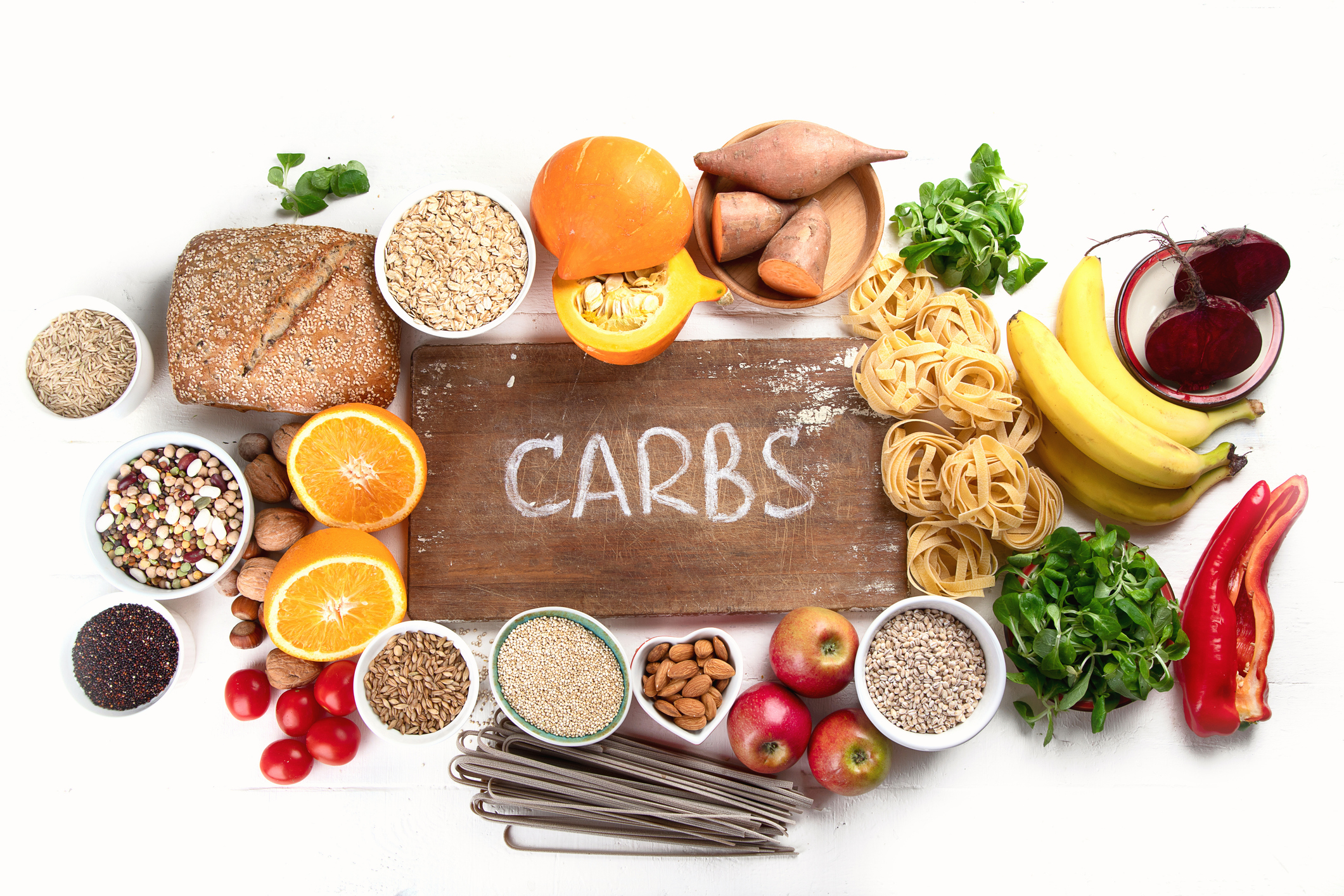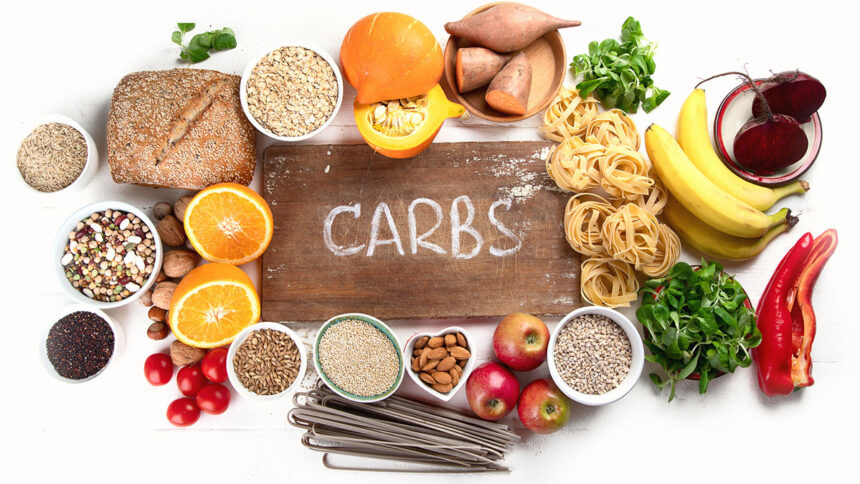
The term “carbs,” or carbohydrates, is frequently associated with negative connotations. When you think about carbs, many imagine low-carb diets, carb-counting, and sugar-shaming. However, the truth is that carbohydrates are one of the three main macronutrients, along with protein and fats, and play a central role in fueling our bodies. Your body uses carbohydrates for energy, and once digested, they are converted into glucose, the primary energy source for your brain, muscles, and organs. Instead of cutting carbs entirely when considering a diet or managing your blood sugar levels, learning about the different types and making informed carbohydrate choices can help you feel more energized, balanced, and healthy.
What exactly are carbs? Carbohydrates are made up of three main categories: sugars, starches, and fiber. They’re classified by their chemical structure, and simple carbs (like glucose, fructose, and lactose) have shorter chains and digest rapidly, while complex carbs (like starches and fiber) have longer chains and take longer to digest.
Examples:
Sugar, honey, fruit juice, candy, and other simple carbohydrates Complex carbs: whole grains, beans, starchy vegetables, pasta
Not only do they differ in structure, but also in how they affect your energy, blood sugar, and overall health. Why Carbohydrate Quality Matters
Carbohydrates aren’t all created equal. Fiber, vitamins, minerals, and phytonutrients are abundant in whole food sources like legumes, fruits, and whole grains. They support digestion, metabolism, and long-term health. On the other hand, refined carbs like white bread, pastries, and soda are stripped of nutrients and can contribute to weight gain, diabetes, and heart disease.
The quality of carbs is sometimes more important than the total amount you consume. Carbohydrates should make up 45–65 percent of your daily calories, with a focus on sources high in fiber.
Health Benefits of High-Quality Carbohydrates
Maintaining a positive mood and level of energy is made possible by the slow digestion of complex carbohydrates, which prevents spikes in blood sugar, increases alertness, and aids in avoiding energy slumps. Support for the gut and digestion: Fiber aids in the movement of stools, improves digestion, and provides food for healthy bacteria in the gut that produce beneficial compounds like short-chain fatty acids. A healthy gut can reduce inflammation, prevent infection, and mitigate the risks of chronic illnesses.
Heart and metabolic health – Increasing soluble fiber consumption has been shown to reduce cholesterol, lower triglycerides, and reduce the risk of heart disease. Carbohydrates high in fiber also aid in weight loss and lower blood pressure. Cancer prevention: Some studies suggest that fiber may assist the body in eliminating carcinogens, lowering the risk of developing cancer over time. Cognitive function: The brain’s preferred fuel source is glucose. A steady supply supports concentration, memory, and mood regulation. The slower digestion of complex carbs also helps you feel fuller and satiated.
So, How Do I Choose the Right Carbs?
How to choose the best carbs and examples of ideal carbs are as follows: Whole grains (e.g., brown rice, oats, whole-wheat pasta) are great as they contain plenty of fiber, minerals, and B vitamins.
Legumes like beans and lentils are great because they have a lot of protein and fiber, which helps keep blood sugar stable. Fruits and starchy vegetables (e.g., bananas, berries, sweet potatoes, corn) are naturally nutrient-rich and have fiber and antioxidants. They also give you energy for a long time and are full of micronutrients. Limit or avoid: White bread, pastries, and refined grains Sugary drinks and sweets (soda, cookies, candy).
Carbohydrates with a lot of processing, like granola bars and some cereals. How Much Carbohydrates Should I Eat? On a diet with 2,000 calories, you should aim for 225–325 grams of carbohydrates per day, preferably from whole foods or fiber-rich foods first. The US Department of Agriculture advises at least 22–34 grams of fiber per day to support digestion and overall health. Also, try to avoid eating too many carbohydrates in one sitting, as it is better to spread them out over the day for lasting energy and stable blood sugars.
Final Tips for Managing Carbs in Your Daily Diet
Pair carbs with protein or healthy fats to slow digestion and support blood sugar control.
Monitor added sugars and limit them to less than 10% of daily calories, as advised by U.S. dietary guidelines.
Use common-sense labels. For instance, terms like “high-fiber” or “100% whole grain” indicate that the option is healthier. By choosing high-quality sources and balancing them with protein and fats, you can enjoy steady energy, better digestion, improved mood, and long-term wellness.







